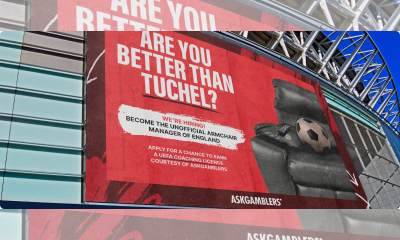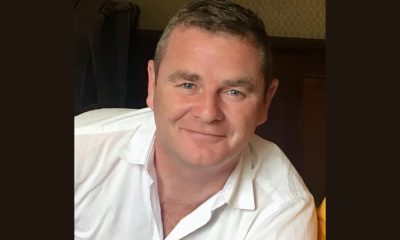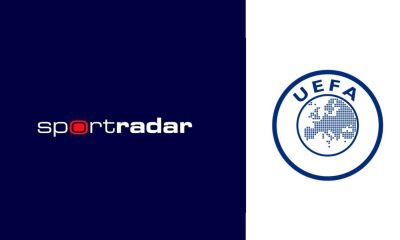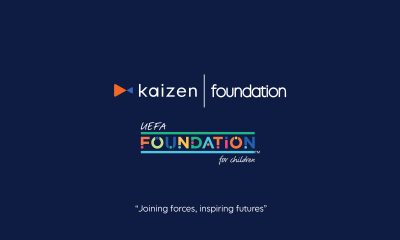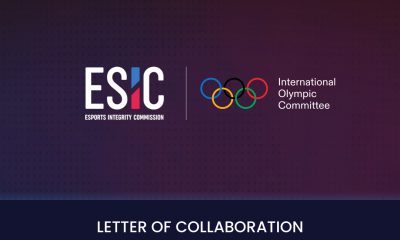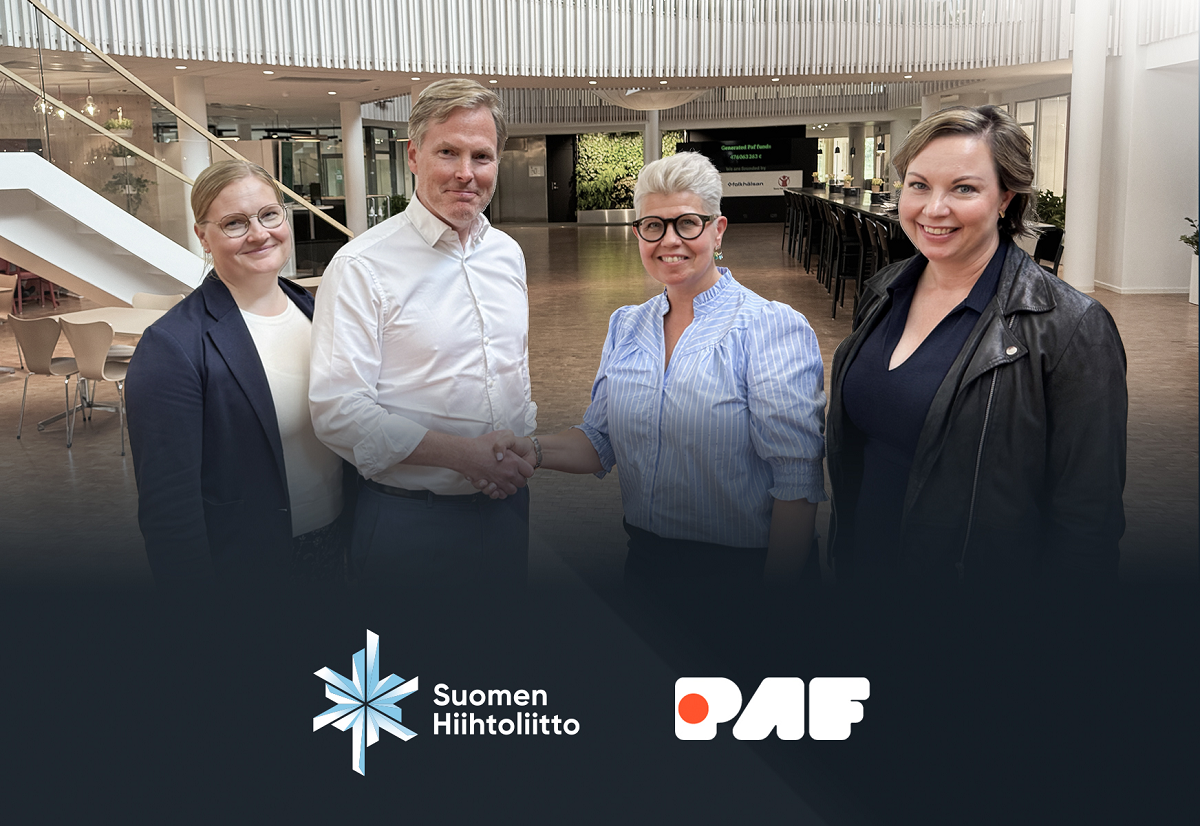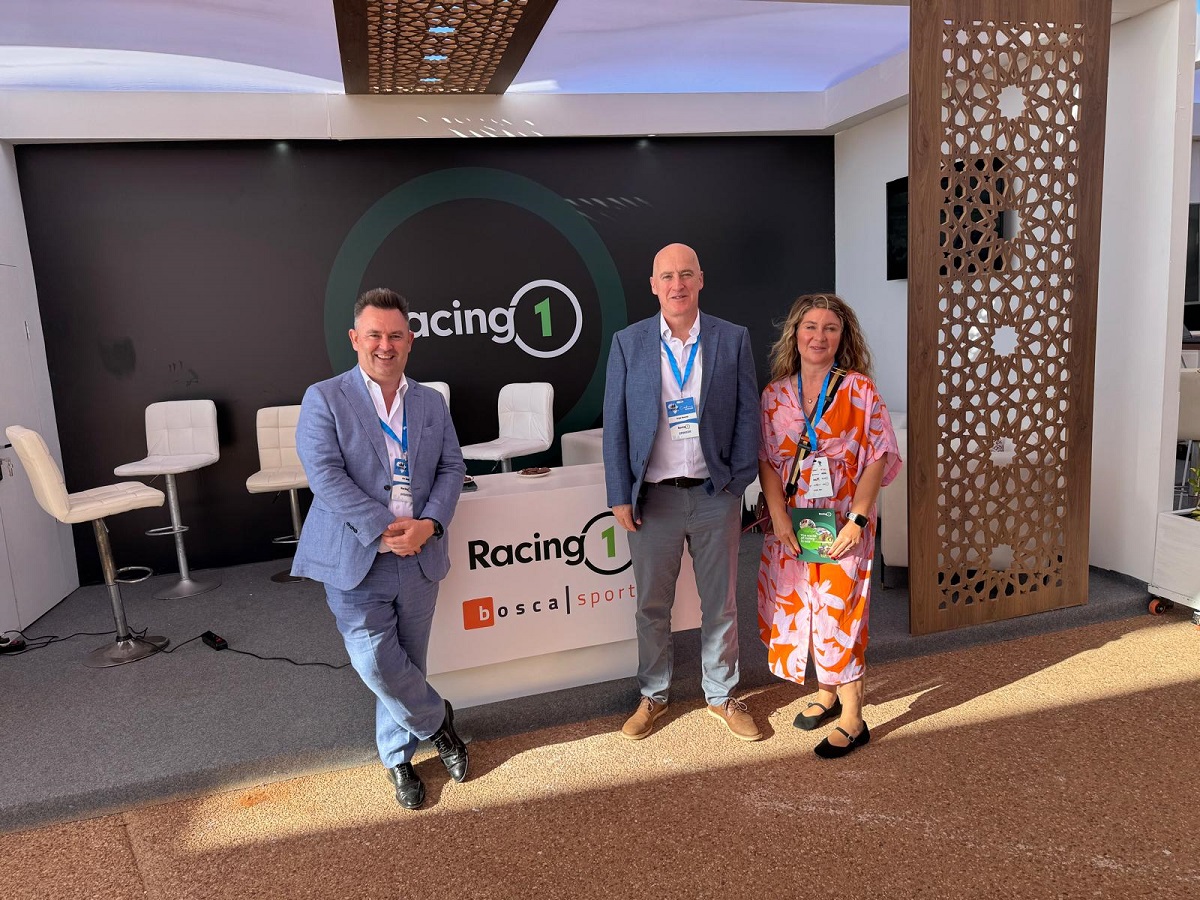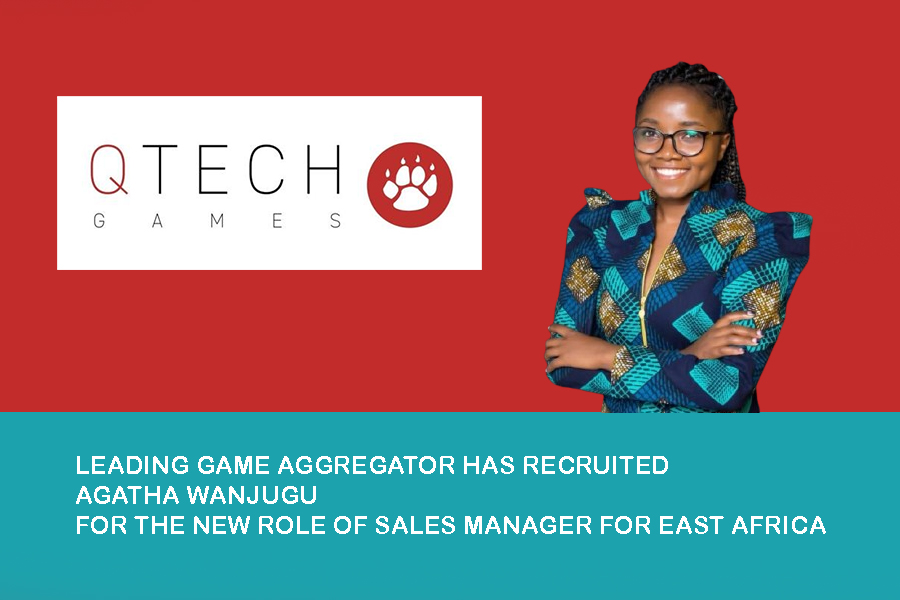Compliance Updates
IOC and UEFA host joint betting integrity workshop
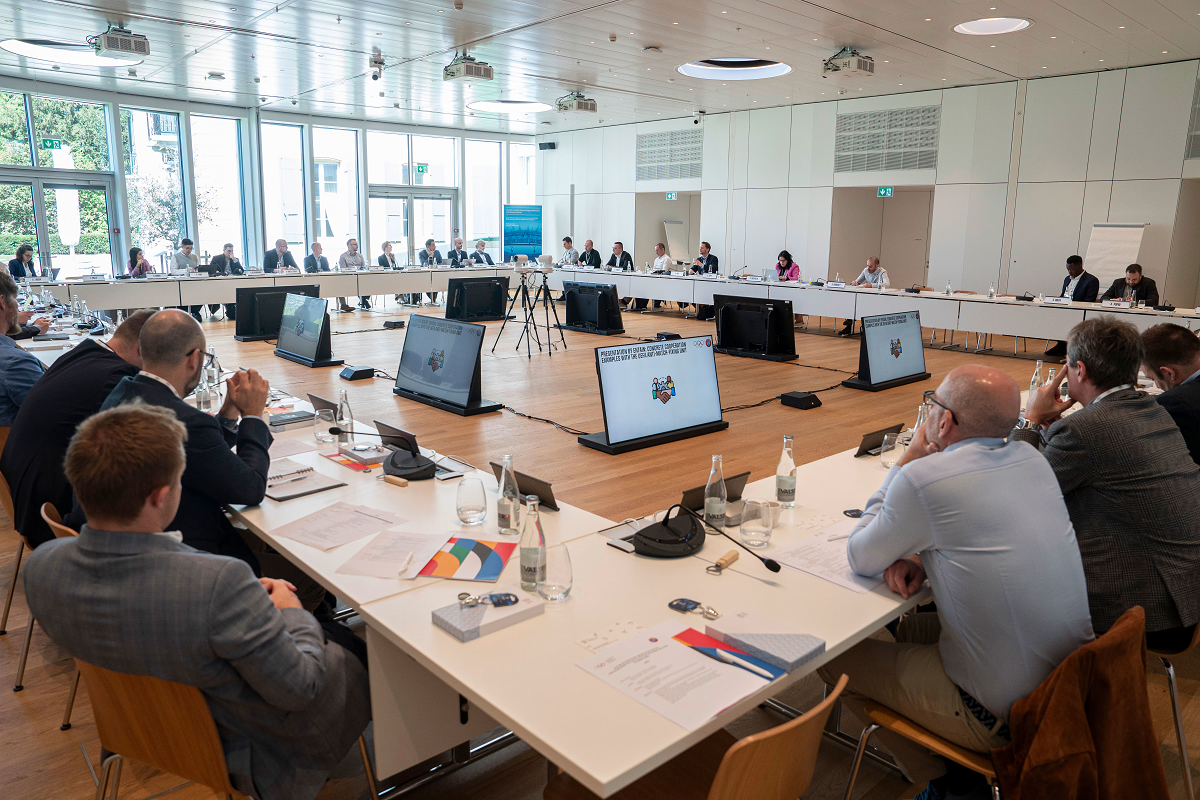
Sports betting entities and international federations joined UEFA and the International Olympic Committee (IOC) on 11 April for a full-day workshop focused on how sport and the sports betting industry can work together to fight match-fixing. Co-organised by the IOC and UEFA, and held at Olympic House in Lausanne, the workshop explored opportunities for cross-sector collaboration with a focus on integrity exchange in support of the upcoming Olympic Games Paris 2024 and the UEFA Euro 2024.
The workshop kicked off with presentations by the Olympic Movement Unit on the Prevention of the Manipulation of Competitions (OM Unit PMC) and UEFA’s Anti-Match-Fixing Unit, exploring each team’s strategy for combatting match-fixing, engaging with the sports betting industry, and detecting and investigating potentially fraudulent betting activity.
UEFA promotes integrity through dedicated education, prevention, and awareness raising programmes and by detecting, investigating, and sanctioning match-fixing. Collaboration with stakeholders within football, particularly the network of integrity officers who work for UEFA’s 55 member associations, as well as the wider sports community is vital to this work.
UEFA upholds the integrity of all UEFA competitions via tailored, competition-specific integrity measures. Building on the integrity success of previous UEFA competitions, UEFA’s approach for EURO 2024 will feature close collaboration with host and participating nation stakeholders, public authorities, and sports betting entities as well as real-time betting market monitoring. Our secure UEFA integrity website will allow players, referees, officials, and members of the public to report suspected cases of match-fixing confidentially and anonymously. During the workshop, UEFA shared its competition risk assessment and mitigation strategy and explained the escalation, triage, and assessment approach for any potential integrity concerns.
“Sport alone cannot eradicate match-fixing. We must work together – raising awareness, sharing information, ensuring robust prevention and detection systems are in place – to protect sport and athletes. During the UEFA EURO 2024, our Germany-based staff (supported by the entire Anti-Match-Fixing Unit based in Nyon) will work hand-in-hand with betting integrity entities, betting operators and regulators, public authorities, and the national associations.” Vincent Ven, Head of Anti-Match-Fixing at UEFA
“The main objective is to ensure robust 24/7 monitoring of the competition in compliment to our dedicated prevention and education programme for all participating athletes and officials. UEFA’s multi-stakeholder Anti-Match-Fixing Assessment Group will manage pre and in-competition monitoring, ensuring that UEFA can immediately review and address any potential integrity threats to the tournament.”, Ven added.
“Collaboration is essential. During the upcoming Olympic Games in Paris, we will work together with a series of betting operators, associations and major betting regulatory authorities to exchange relevant information about irregular betting patterns or suspicious betting activities detected that might imply competition manipulation.” Friedrich Martens, Head of the OM Unit PMC
Panel discussions with several sport governing bodies and betting integrity entities provided insight into best practices, trends, and success stories from each sector’s perspective, whilst two betting operators took the floor to share examples of recent fruitful cooperation with UEFA and the IOC on prevention and investigations.
The afternoon featured frank discussion regarding how to enhance cooperation between sport and sports betting entities, recent trends in sports betting and their potential impact on sport integrity, and how to improve information sharing in support of match-fixing detection and investigation.
-

 Latest News7 days ago
Latest News7 days agoVeliTech Appoints Mats Lundin as Chief Sales Officer
-

 Latest News7 days ago
Latest News7 days agoDuels for Friends in Trophy Hunter. Invite your friends and create a shared space for fun and competition.
-

 Latest News4 days ago
Latest News4 days agoHigh Roller Launches New Online Casino Brand in Finland
-
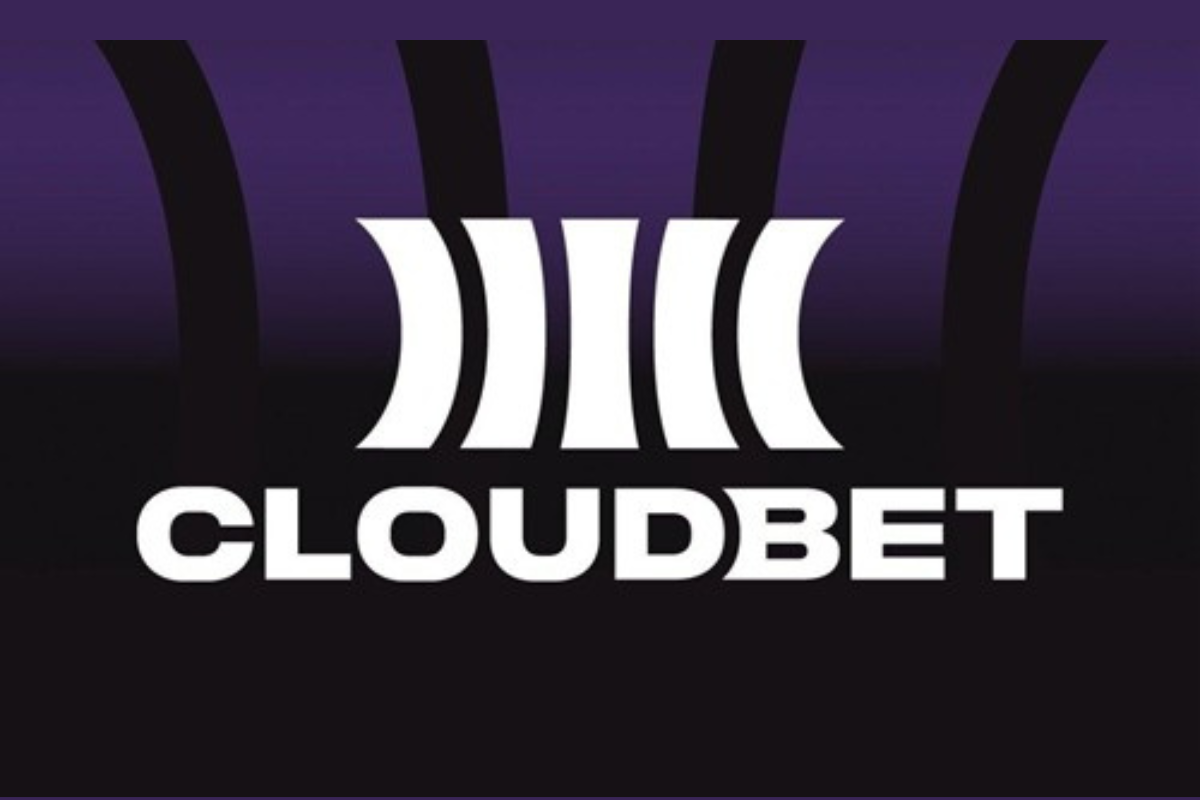
 Latest News4 days ago
Latest News4 days agoCloudbet maps regional betting trends in August–September 2025
-
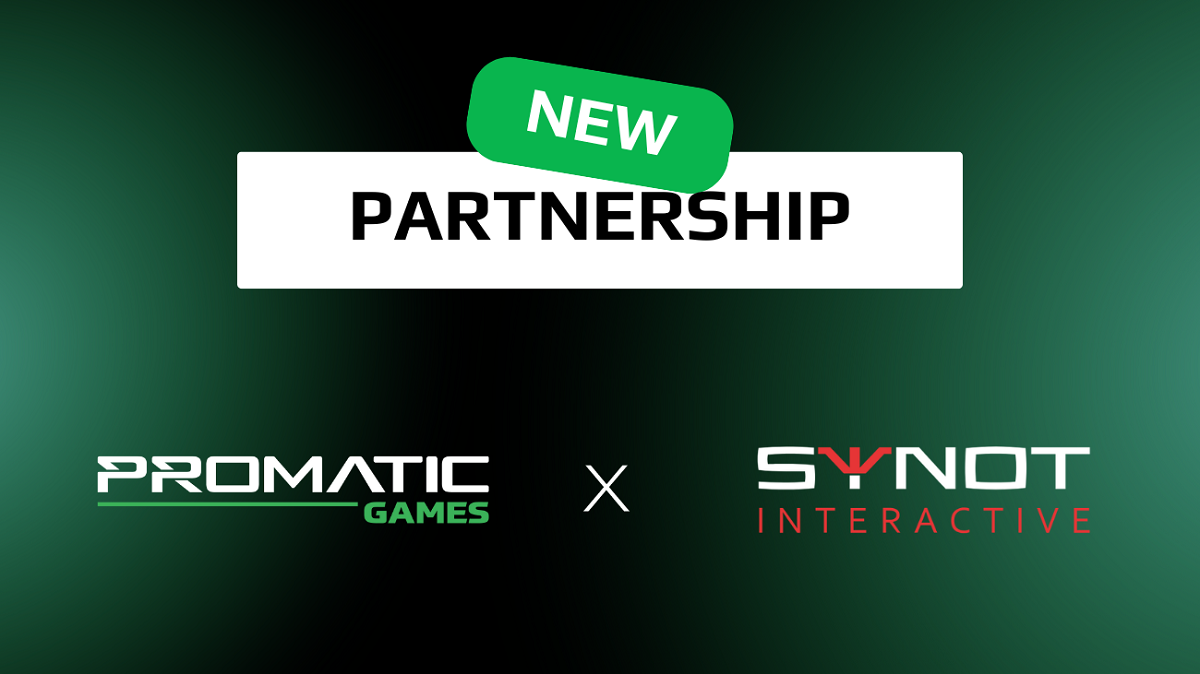
 Central Europe4 days ago
Central Europe4 days agoPromatic Games and SYNOT Interactive Announce Strategic Partnership to Strengthen iGaming Expansion in Central and Eastern Europe
-

 Latest News4 days ago
Latest News4 days agoNetBet Denmark expands its casino library by adding SYNOT Games as a provider
-

 Asia1 day ago
Asia1 day agoDigital gaming disruption tackled in 1st AsPac Regulators’ Forum
-
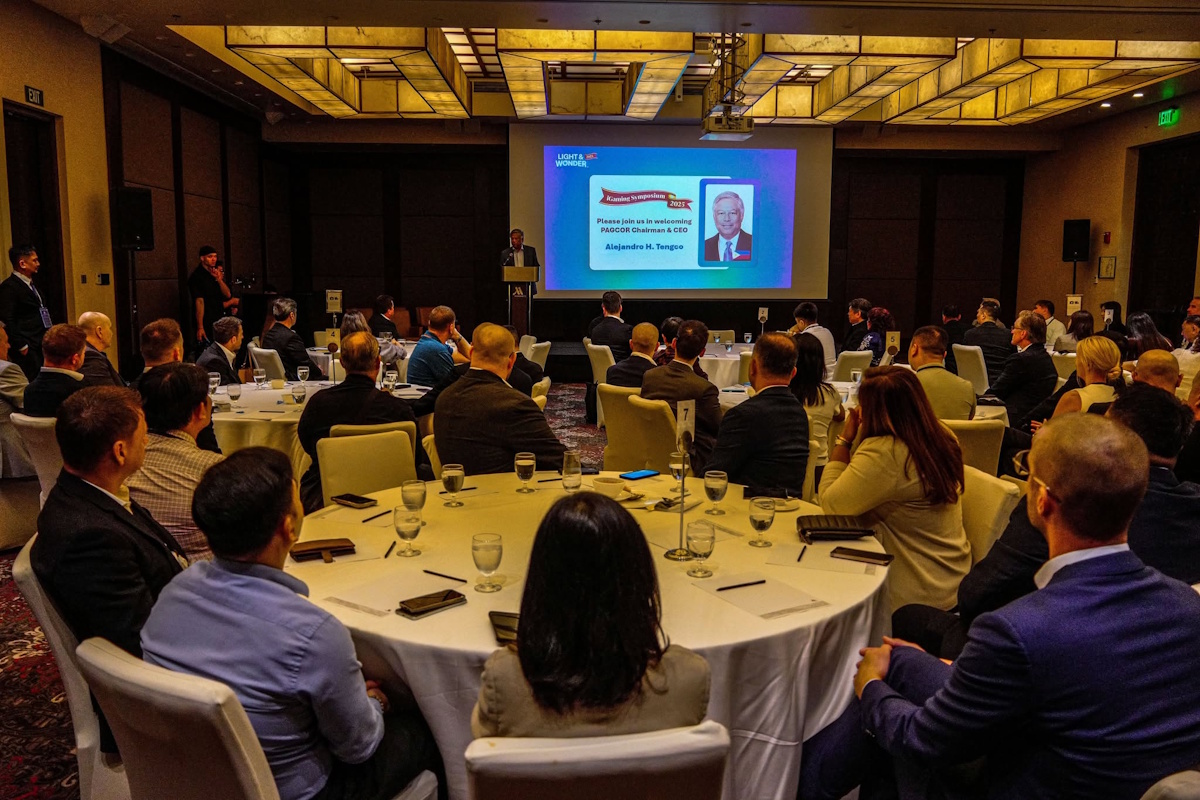
 Asia4 days ago
Asia4 days agoPAGCOR chief pushes for stricter regulation, not online gaming ban








